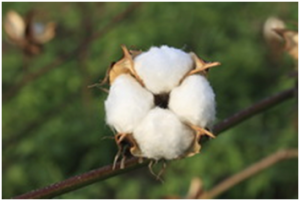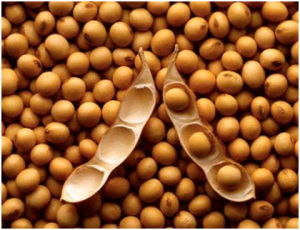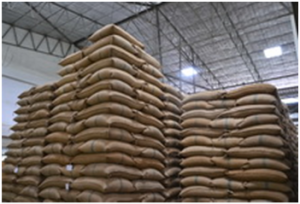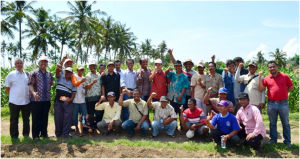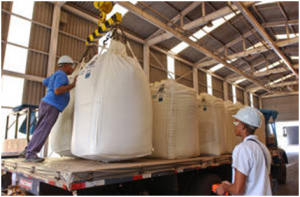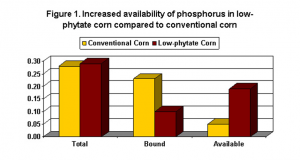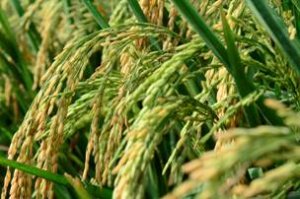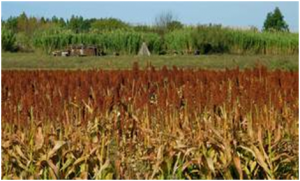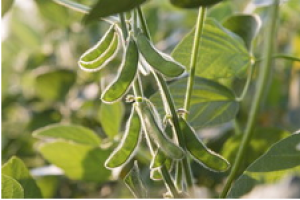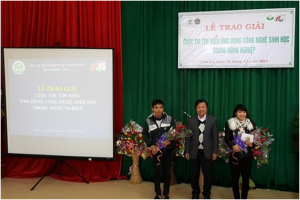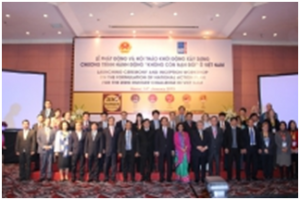|
CRISPR Mustard Produces Oil with Low Pungency
Tuesday, 2023/08/22 | 08:18:11
|
|
Researchers from the National Institute of Plant Genome Research in New Delhi, India, used the gene editing tool CRISPR to come up with mustard plants with low levels of glucosinolate in seeds, but high amounts in leaves. This breakthrough paves the way for production of palatable mustard oil.
Glucosinolates are natural chemicals produced by plants as protection from pests and diseases. However, these chemicals are bitter-tasting, thus, making the mustard seeds unpalatable to animals. This characteristic has limited the use of mustard seeds for food and feed.
The research team used CRISPR to edit glucosinolate transporter (GTR) genes in mustard plants. GTRs are in charge of transporting glucosinolates from the leaves to the seeds. By editing the GTR genes, they were able to lessen the amount of glucosinolates that were transported to the seeds.
The results confirmed that the edited mustard plants had lower levels of glucosinolate than the wild-type plants. The glucosinolate levels were also found to be higher in the leaves of edited plants than the wild-type plants. This implies that the plants remain protected from pests and diseases. This could lead to the development of new mustard varieties that are both edible and nutritious.
Read more findings in Plant Biotechnology Journal.
|
|
|
|
[ Other News ]___________________________________________________
|


 Curently online :
Curently online :
 Total visitors :
Total visitors :



